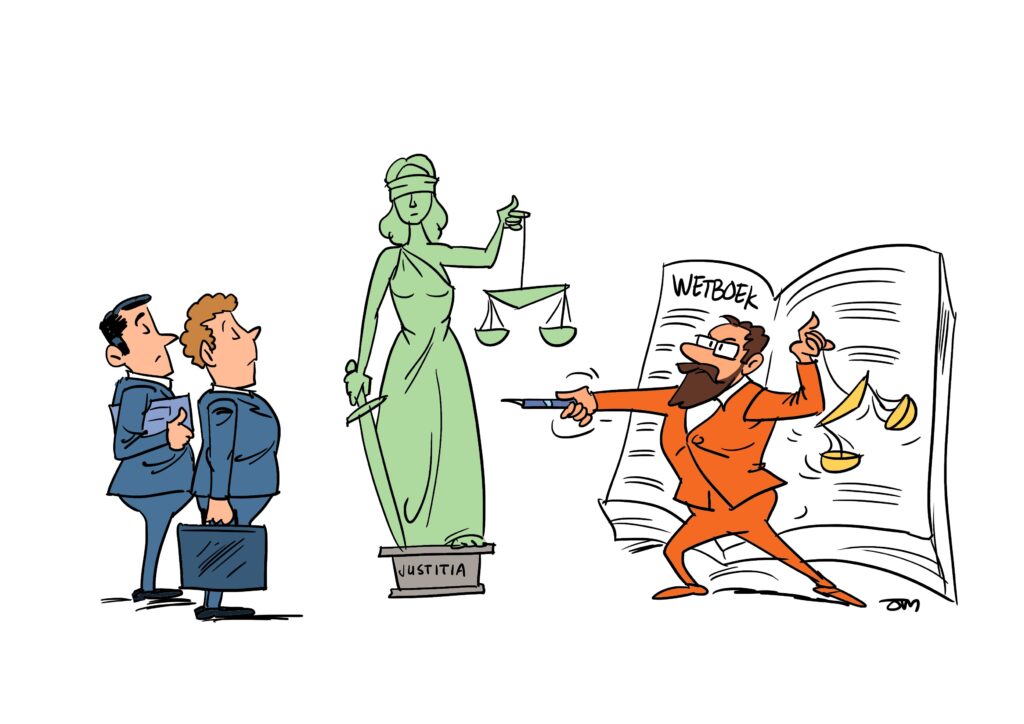Crypto currency and Dutch taxation are a hot item, I have been told. Do I report the value of the crypto currency or the proceeds, that is the question.
Crypto currency and Dutch taxation
Either the value is taxed in Box 3, or the proceeds in Box 1. That are the choices. In other words, not reporting, as “who can find my crypto currency”, is not among the choices. Not reporting is like holding on to black money (not reported income). One day you would like to spend it, and then you need to explain the nature.
Crypto currency – Box 3 taxation
You own crypto currency, you trade maybe a few moments per year. Most likely this value is taxed in Box 3. The rule is: if the crypto currency are managed as normal asset management, the value is reported in Box 3.

Crypto currency – Box 1 taxation – court case
A Dutch tax payer was into crypto currency. He made use of trading bot software. Software that managed purchases and sales. He traded during the 2015 to 2017 period up to 120 times per day. The court case showed that in this period he made EUR 10.637.232 income with this trading bot.
Initially in his income tax return he did not mention the crypto currency. Later he realized he should have, he updated the tax return and mentioned EUR 42.389 crypto currency in Box 3.
Upon this update the tax office made an investigation and came to EUR 10.637.232 profit to be reported instead. Also the Box 3 valuation of the crypto currency was increased to EUR 399.231.
The tax payer disagreed, went to court. The high court ruled that using the trading bot software with this result can only be seen as an objective income expectation. Normal asset management activities were exceeded.
The court ruled that the tax office should investigate better. In the court case a pragmatic approach was used to calculate the result from the purchase and the sale. The tax office was hesitant to go through up to 120 trades per day in the period 2015-2017. And the tax payer was hesitant to comply. The tax office and the tax payer agreed to come to an acceptable agreement. The court gave them 4 weeks time to come to a solution.
What do we learn from this court case?
We learn that investing in a trade bot can result in EUR 10.637.232 profit. That you need to understand that trading up to 120 times per day is an effort. An effort done by a trading bot, but still exceeding normal asset management.
You also learn that the tax office was willing to work with the tax payer, as this was an enormous trading case. Please accept that such a willingness is an one time opportunity. The tax office was informed by the court to make a more thorough investigation, and the tax office will do so during a next crypto audit.
Moreover you learn that you need a good track of the bookkeeping. As exciting crypto trading can be and as boring accounting might look like, it appears to go hand in hand. The better you are in control of your accounting in this matter, the more difficult the tax office finds it to proof otherwise. Which is a fact in general.
Tax is exciting
We think tax is exciting. We read from this court case that this crypto currency case is such a new phenomenon for the court and tax office. The outcome is that they are willing to come to an agreement.
The past have shown similar situation in different cases. Those learn that the tax office can catch up quickly, do not expect to come to an agreement in your case, should there be one. Then the law determines the outcome and penalty.





